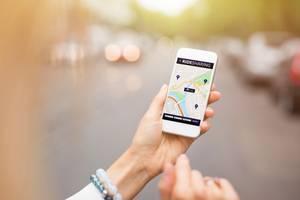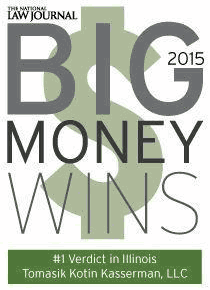UBER ON THE HOT SEAT FOR EMPLOYMENT PRACTICES
 By: Eddie Hettel
By: Eddie Hettel
On May 5, 2020, the People of the State of California filed a lawsuit for injunctive relief, restitution, and penalties against Uber Technologies, Inc., Lyft Inc., and 50 individuals whose identities remain private. The suit alleges that the defendants made calculated business decisions to misclassify their on-demand drivers as independent contractors rather than employees and continue to do so in violation of California law.
By classifying their workers as independent contractors, Uber and Lyft evade workplace standards and requirements such as minimum wages, overtime premium pay, reimbursement for business expenses, workers’ compensation coverage for on-the-job injuries, paid sick leave, and wage replacement programs like disability insurance and paid family leave.
Since the California Supreme Court’s landmark, a unanimous decision in Dynamex Operations W., Inc. v. Superior Court (2018) 4 Cal.5th 903, rehg. denied (June 20, 2018) (“Dynamex”), workers are generally presumed to be employees unless they can overcome this presumption by establishing each of the three factors embodied in the strict “ABC” test laid out by the Court. The California Legislature’s Assembly Bill 5, which took effect on January 1, 2020, enacted to curb the serious problem of employee misclassification, also adopts this test.
The factors are:
- the worker is free from the control and direction of the hiring entity in connection with the performance of the work, both under the contract for the performance of the work and in fact;
- the worker performs work that is outside the usual course of the hiring entity’s business; and
- the worker is customarily engaged in an independently established trade, occupation, or business of the same nature as the work performed.
The suit alleges that each defendant misclassifies its drivers under the ABC test. Under part A, the suit states that each defendant retains necessary control over its driver’s work, largely through their Apps, through which they can do things like control ride requests, monitor drivers’ work hours (including logging a driver off its App for six hours if the driver reaches a twelve-hour driving limit), and discipline drivers based on their star rating. Under part B, the suit alleges that because each defendant is a transportation company that sells on-demand rides to its customers, and only generates income for its ride-hailing business if its driver's transport and provide rides, drivers perform the work within the usual course of their businesses. Under part C, the suit alleges that defendants cannot show that the drivers have established independent businesses.
While Uber and Lyft advertise their drivers as the heart of their businesses, they have devised an unlawful business model that denies these very same drivers the protections and benefits they have rightfully earned as employees, and thereby gained an unlawful and unfair competitive advantage in the marketplace. They now face the difficult burden to show that their drivers are not in fact employees under the law.

 312-605-8800
312-605-8800




 312-605-8808
312-605-8808






